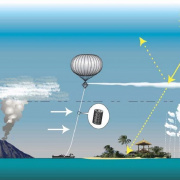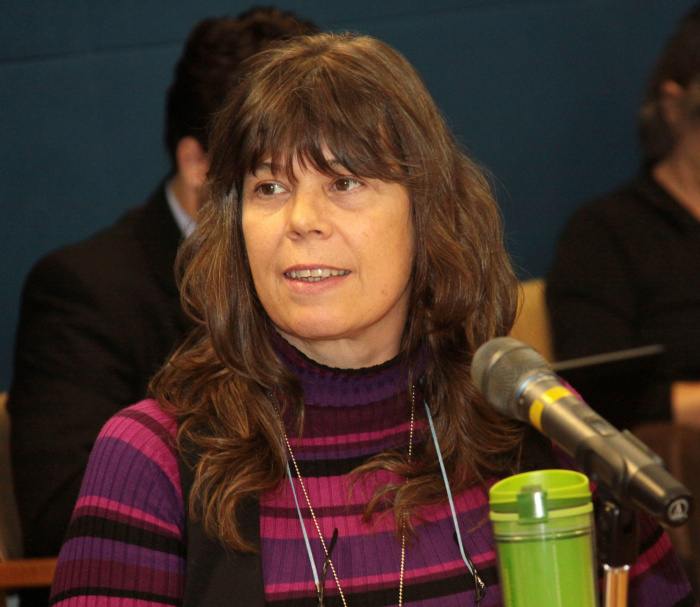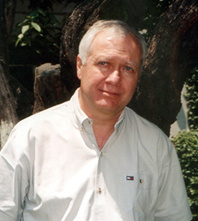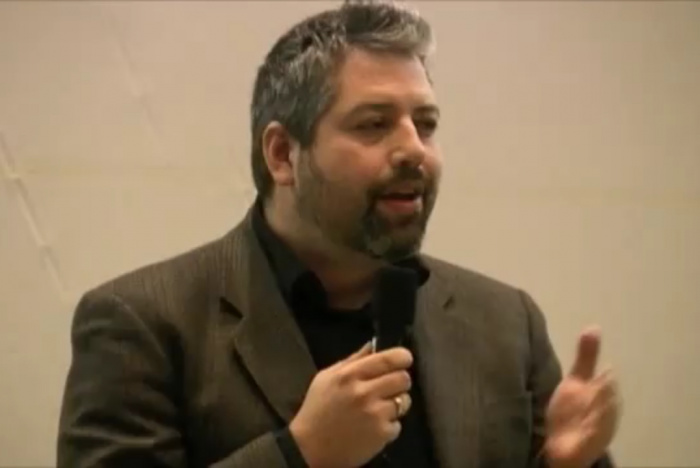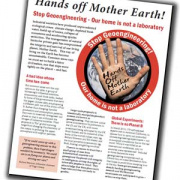Peligroso experimento de geoingeniería
Submitted by ETC Staff on
Según informes recientes, científicos británicos están a punto de hacer pruebas del equipo necesario para diseminar partículas de sulfato en la estratósfera, como preparación para realizar experimentos de geoingeniería. La geoingeniería es una propuesta de “remiendos” tecnológicos a mega escala que propone manipular deliberadamente el clima global, para contrarrestar los efectos del cambio climático.
Ante ello, el Grupo de Acción sobre Erosión, Tecnología y Concentración (Grupo ETC) hace un llamado al gobierno del Reino Unido para que detenga este controvertido experimento y respete los procesos de discusión del tema que se llevan a cabo en el marco del sistema de Naciones Unidas.

